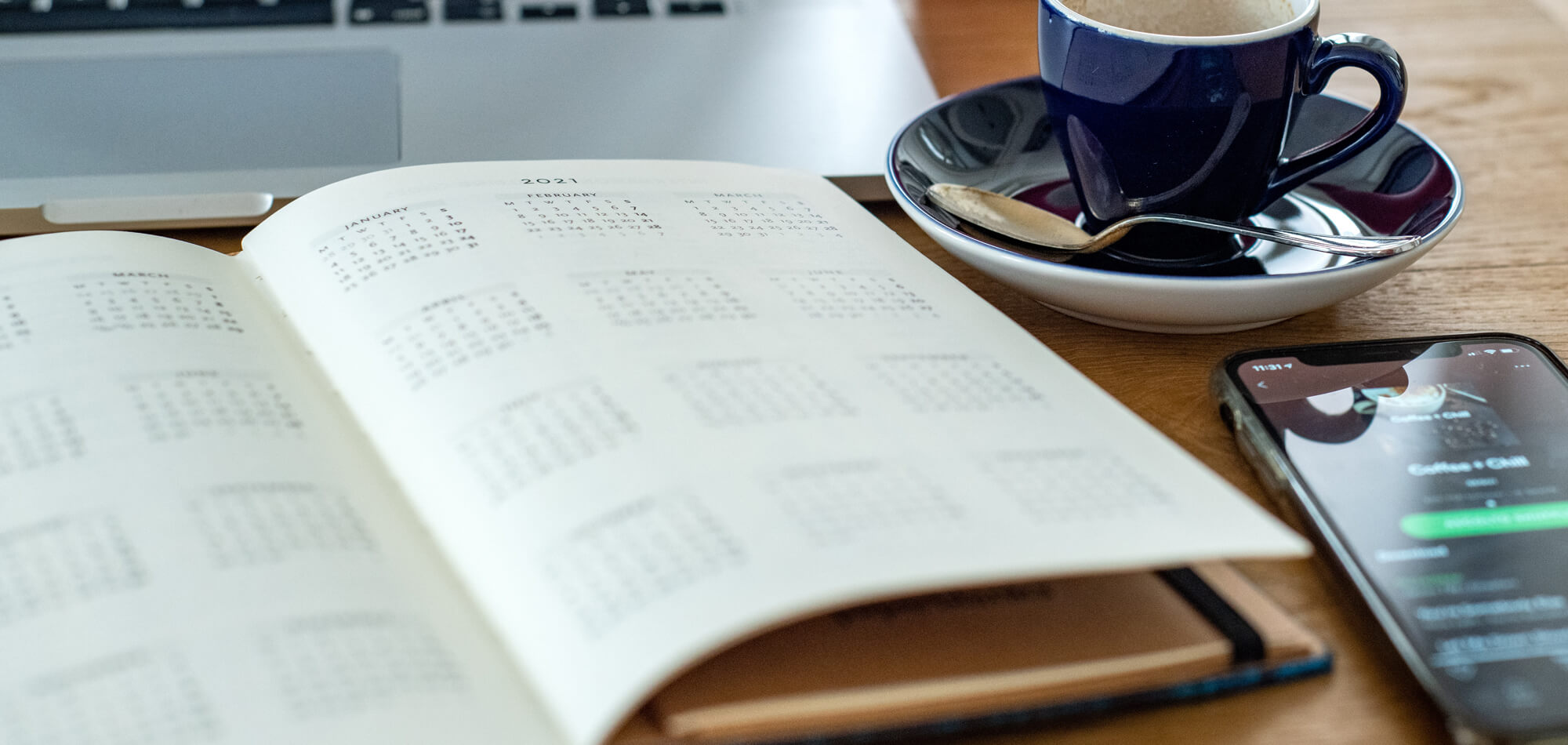
Email address
In Japan, we often contact with friends and workmates via email.
It is surely used when making electronic notifications to the Immigration Bureau and when applying for EJU or JLPT.
Some people might usually use SNS to keep in touch with each other and don’t even use email.
However, the SNS that everyone uses in your home country is not often used in Japan, and vice versa.
In such a case, an email address is convenient for keeping in touch with anyone.
Of course, you can create or get an email address after your arrival in Japan but, it’s also a good idea to think carefully and create your own favorite address in advance.
It will also be used for communication within the school, and it is recommended to prepare in advance and learn how to use it when you have spare time.
Once you have your email address, make sure not to forget your password.
(Many students use gmail 163.com 126.com etc. )
SIM case or mobile phone with 2 SIMs slits
While studying abroad, sometimes SIM card used in your country bothers you to keep it safely. It is small and easy to lose.
In such case, SIM card case and a release pin are convenient. You can them at the online stores.
If you have any plan to buy a new mobile, we recommend you to buy the mobile which can be put two SIM cards into it.
It will be convenient to keep both SIM card from your country and SIM card using in Japan.
Electronic data
If you turn important documents such as passport, graduation certificate from your home country, transcript, ID photo, etc. into electronic data, you can respond immediately when you are required to submit them.
Students who have graduated from university or graduate school may need documents such as “graduation certificate” and “transcript” from their schools.
Make sure to save the data to the cloud or an external hard disk.
It would be convenient to have two types of data, PDF format and Office for correction. Set a password to make it safe.
Password
You may lose your mobile phone or damage your computer.
When you don’t remember the password for the service you have registered in your home country, you might not receive the short message service even if you requested.
It is very dangerous to record the passwords only in your mobile phone.
Make sure to write your SNS password, family and friends’ phone numbers, and SNS account names in your notebook.
Address book
It comes in handy for having an address book written not only in the electronic data but also in a notebook.
It would be nice to send a hand-writing letter to your grandparents in your home country, who do not use any SNS or email.
Regardless of the country or region you can send a postcard for 70 yen from Japan. (As of January 2022)
National costume
There are various events at school and local community. You may also have the opportunity to attend a formal ceremony and a casual party.
You can be a “representative of your home country”. You may have no idea what to wear at that time.
Costumes and hair accessories that symbolize your home country are recommended. It will give you an opportunity to introduce your home country to others.
Regular medicine
Please be advised that you had better bring regular medicine.
Even though you can tell the doctor “I have a stomachache” in Japanese, It would be difficult to answer when you are asked how it is hurt.
It is helpful to take the regular medicines than those searched on the Internet when you are not feeling well.
If you have any pain or symptoms that you have never experienced, you had better go to the clinic/hospital immediately.
Japanese study
Study Japanese as much as possible before you fly to Japan. It will make you easier to get a part-time job, or it tends to improve their Japanese language skills.
We definitely recommend you to learn Japanese as much as you can (even only Hiragana and Katakana!!) before coming to Japan.
Typing skills in Japanese
Let’s set Japanese input settings in your PCs and mobile phones.
Mastering PC input in Japanese is useful for a wide range of purposes such as searching on the Internet, submitting school assignments, and job hunting ,etc.
Clothes
Tokyo has a large temperature difference between the lowest temperature of -4.0 ° C in January and the highest temperature of 39.0 ° C in July.
Make sure to check the climate of the time when you come to Japan and prepare your clothes.
Once you are getting used to the climate, it’s a good idea to buy some clothes in Japan.
Medical check up and Vaccination
Before you come to Japan, make sure to do medical check-up (especially tuberculosis test) and check for cavities at the dental clinic.
Also, the type of vaccine taken in childhood may differ from between your home country and Japan.
Make sure to check whether you need to get vaccinated or not before you come to Japan.
There are also allergies (soba, pollen) that can be specified only after coming to Japan. It is also recommended to keep track of your allergies.
Coping with Homesick
You may become homesick while studying abroad.
It can be painful even though you do not become disliking living in Japan.
Keeping in touch with your family and friends is one of the good ways to coping with homesick.
It’s also a good idea to focus on refreshing activities and your hobbies.
Photos with your friends from homecountry, your mother’s secret spices, handmade hats from your family, etc may warm your heart and cheers you up to support your life in Japan.
